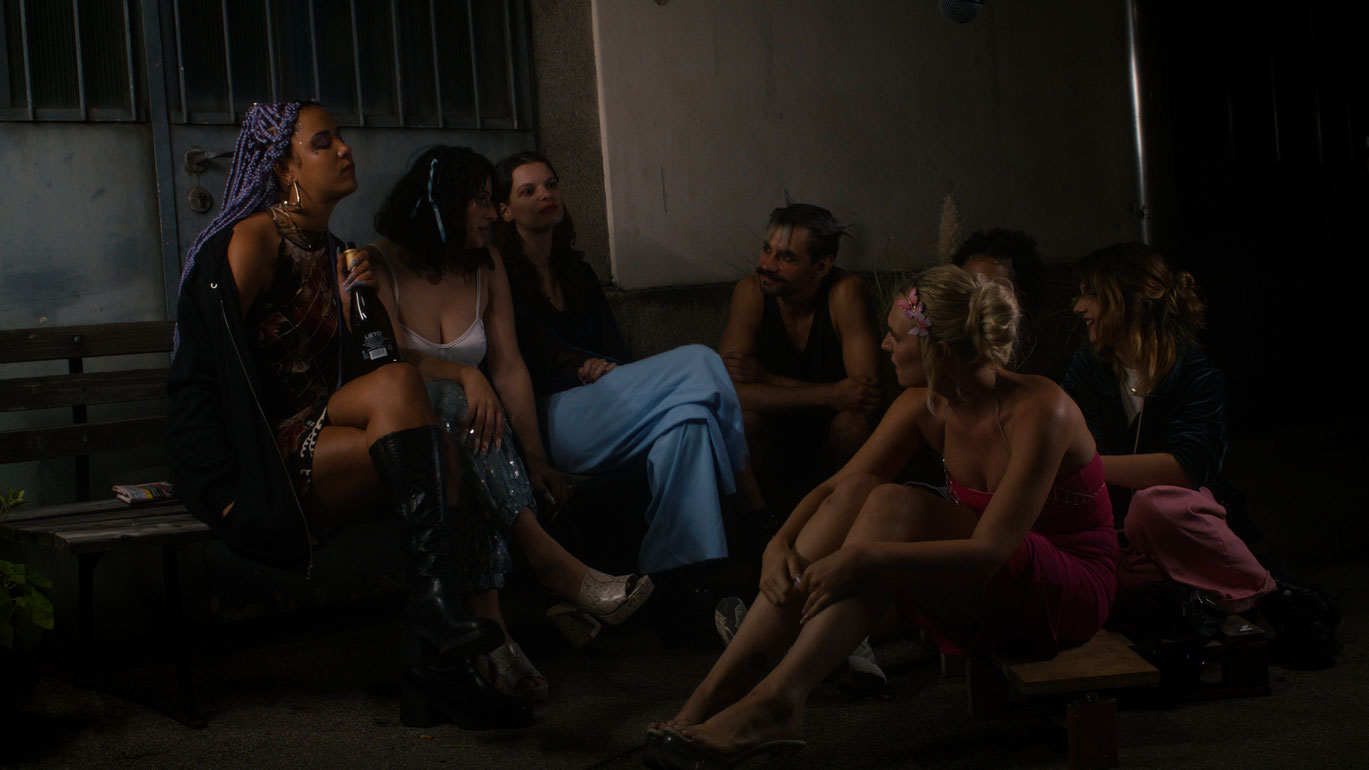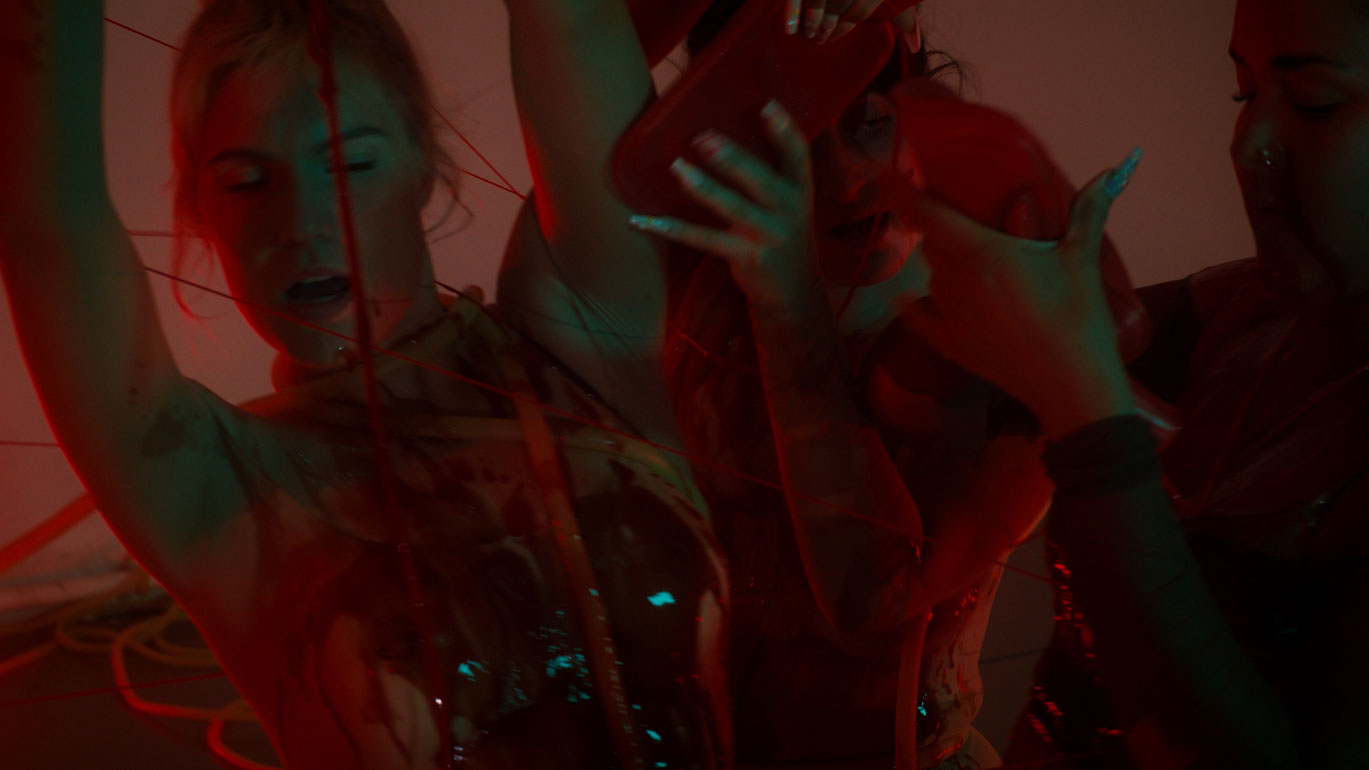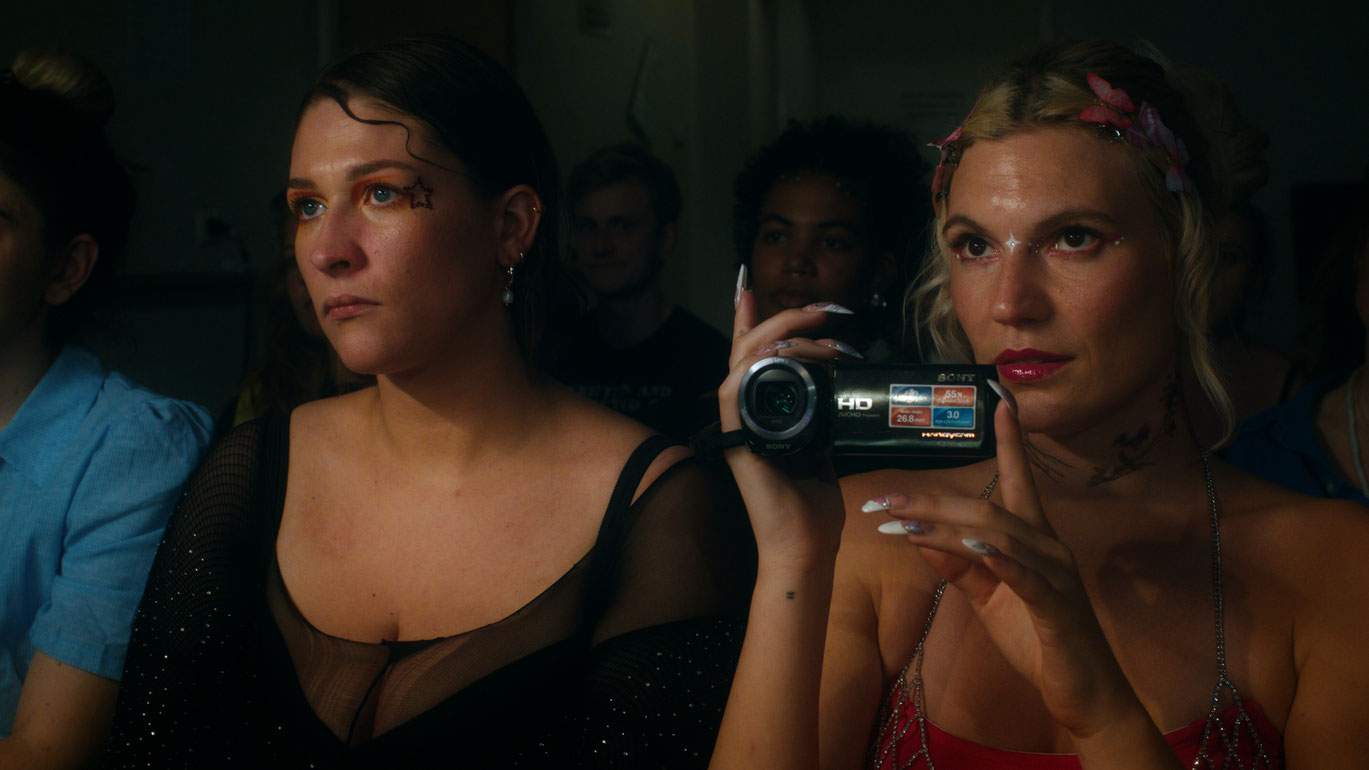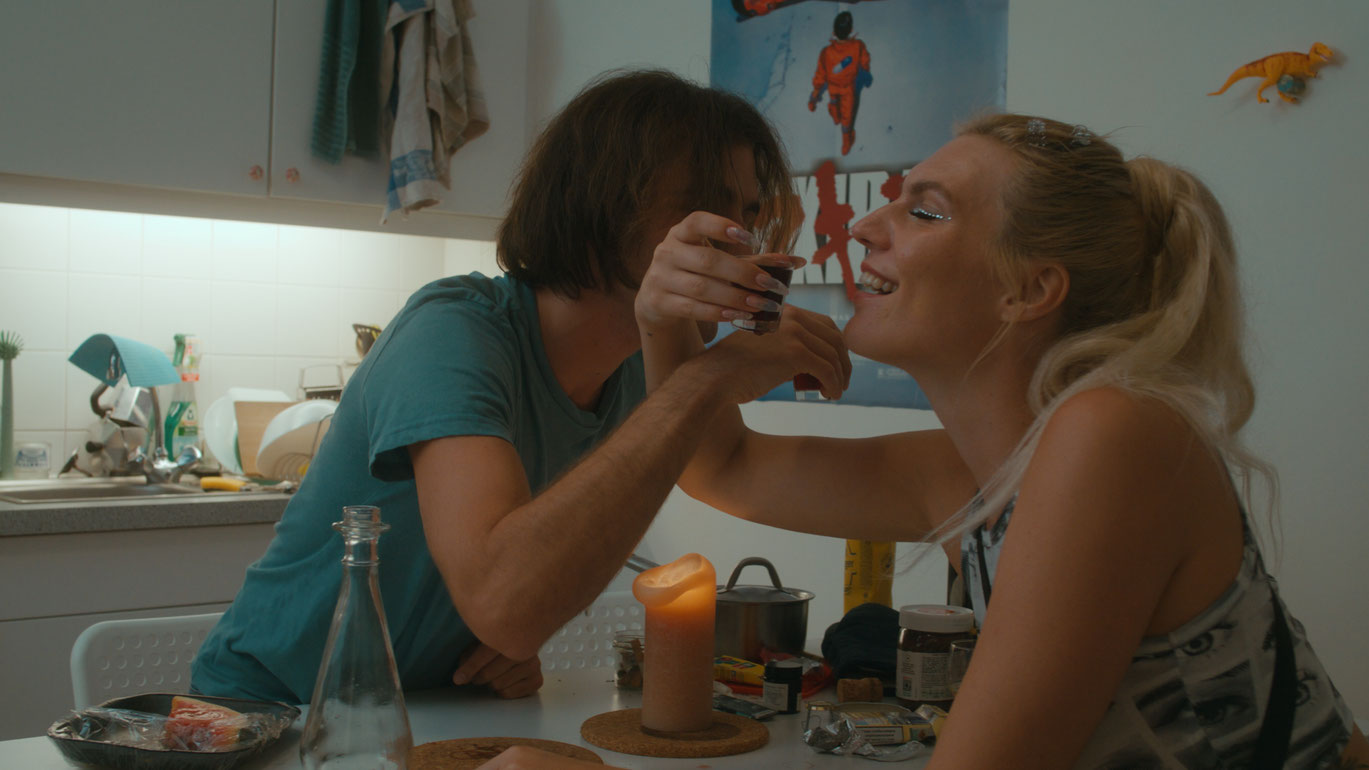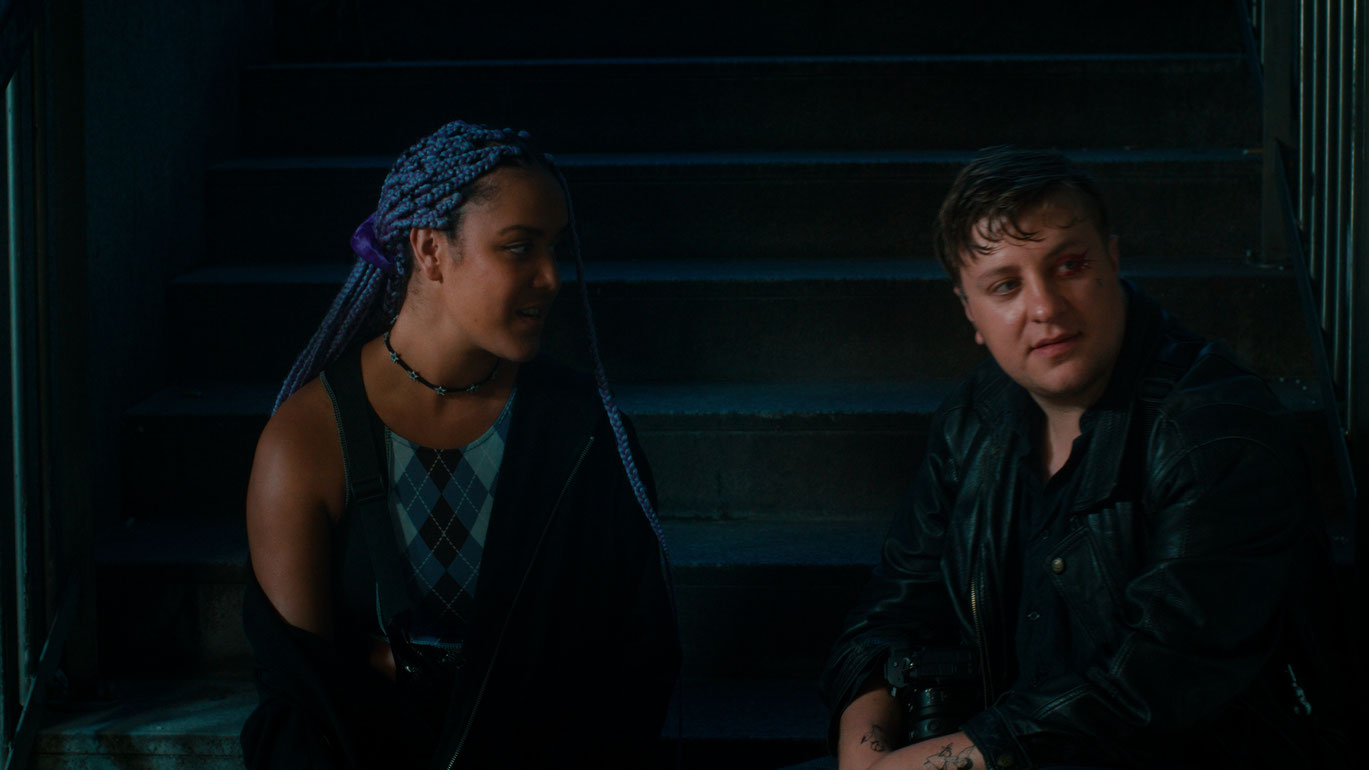ASCHE
Despite her critical acumen, SHE, an artist who is fully aware of her appeal, is dating the picture-perfect alpha male Simeon: a conceited Bohemian genius who wears a proud armor of lewd pseudo authenticity. He insists on having an open relationship, but still wants to own his girl. However, in reaction to the inconspicuous man on the park bench—“you’re the naked girl from Instagram”—SHE is much quicker in confronting him with a smug male mirror.
Winning someone over simply to be able to show them as a trophy; it is this urge, disguised as passion or even romance, that ASCHE uncovers through various constellations. Hurt feelings, disappointment, and a critical mind hover over the circle of millenial friends who are all somehow in, or at the margins of the art bubble. Whether they like it or not, their hearts are caught in this tangle called patriarchy, which is calling for revenge. Between park benches, the stage, and the bathtub, at some point they are no longer simply looking for equality, but instead, for justice and a revenge, that the narrative is close on the heels of toward the end. Until then, the camera hovers between dialogues and performative moments that become one with the music and its lyrics. Drugs are the only thing that can counter reality, as BIBIZAS’s words suggest. The protective cloak? A good outfit. But then again, it doesn’t help against ugliness, as that comes from deep within.
In the shine of its own surfaces, ASCHE hides the deceptive shallowness that society constantly motivates us to cultivate and confuse with our inner selves. In Elena Wolff’s second feature film, phrases and content that often seem only pseudo “existential and critical,” are duplicated, and singed under a magnifying glass. Maybe patriarchy is combustible after all. (Bianca Jasmina Rauch)
Translation: Lisa Rosenblatt
ASCHE
2024
Austria
90 min

